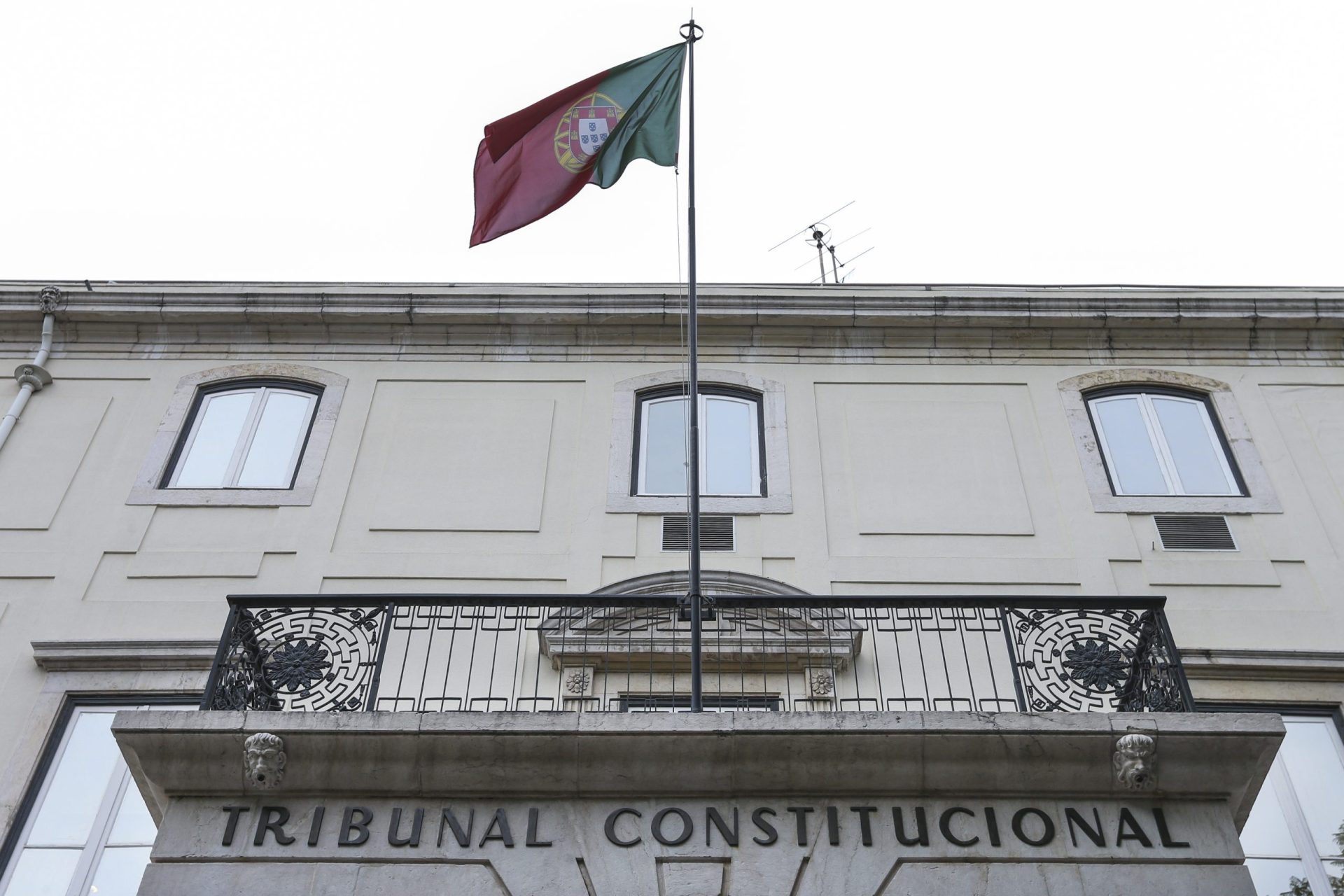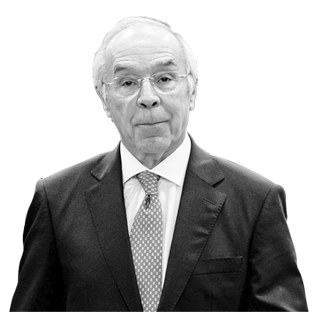Constitutional Court Returns to East Law of Euthanasia

The Constitutional Court (CT) has succeeded again the law of euthanasia.
In a statement, released on Tuesday to newsrooms, the TC considers six unconstitutional rules.
« The other rules whose consideration of constitutionality was required-almost all those who make up the diploma-were not declared unconstitutional, » read the note.
« Assisted death, as a matter of principle, is a political problem, and it is up to the legislator, in the enjoyment of his democratic legitimacy, to arbitrate the perennial tension between constitutional values of the opposite meaning in this domain of life characterized by persistent and reasonable dissensal among citizens. »
In this sense, judges clarify that the court “declared the unconstitutionality of various segments of the law that presuppose that the patient has the right to choose between the two medically assisted death methods – suicide or euthanasia – when, in his current version, the law only consents to euthanasia if the patient is physically unable to self -analyze the lethal drugs. From the court, these lapses of the legislator, in an extremely sensitive matter, can create unnecessary difficulties to the interpreter and generate a preventable risk of poor law, offending the constitutional principle of legal certainty (paragraph A) of the decision) ”.
In this way, it is only allowed to be performed “if the patient is physically unable to self -read the drugs” in their current version, it will not be possible for the patient to exercise the right to “choose between two methods (…) suicide or euthanasia”.
Then, « the court declared the unconstitutionality of the rule that regulates the mode of intervention of the physician specialist in the pathology that affects the patient, not requiring him to be examined, unlike foreign legislation that enshrines euthanasia regimes closer to Portuguese. »
« The omission of this common requirement calls into question the suitability, objectivity, impassibility and reliability of the medical judgment of verification of the clinical indications of assisted death, which translates into a deficient protection of human life and the violation of the parliamentary law, » read the statement.
In the end, the TC states that “declared the unconstitutionality of the norm that imposes on the health professional who refuses or helps the act of medically assisted death the burden of specifying the nature of the reasons that motivate him, as he understands that it constitutes a unnecessary, unnecessary and disproportionate restriction of freedom of conscience, in the negative aspect of the freedom not to manifest personal convictions”.








